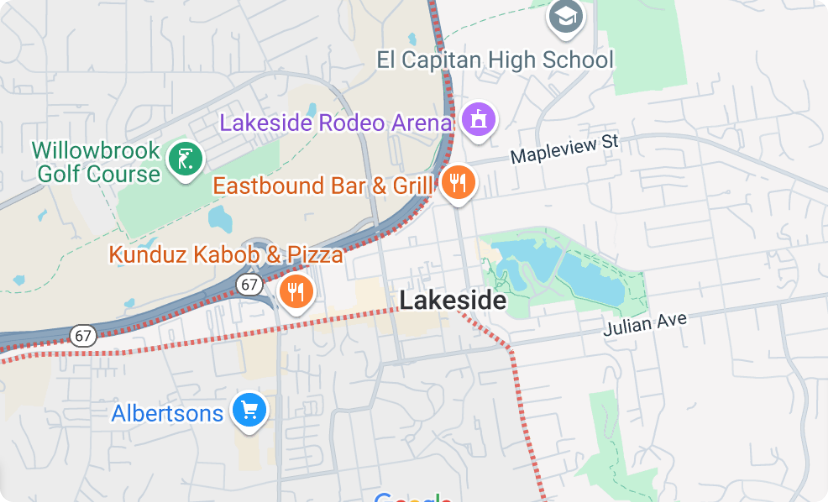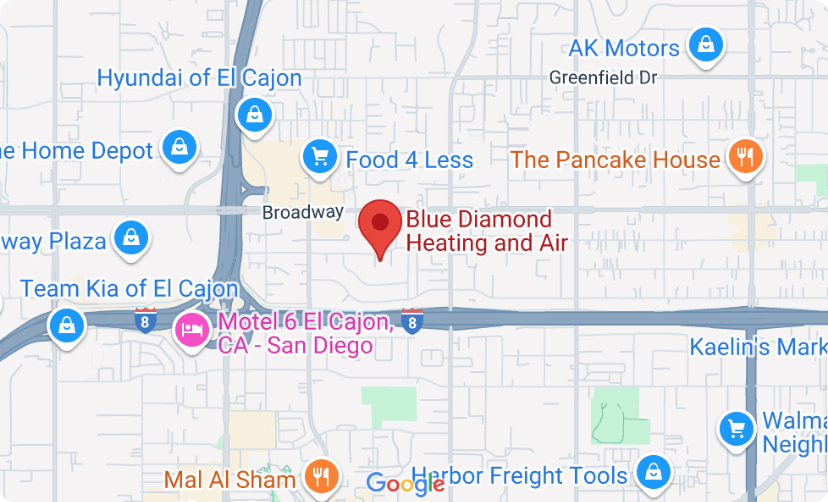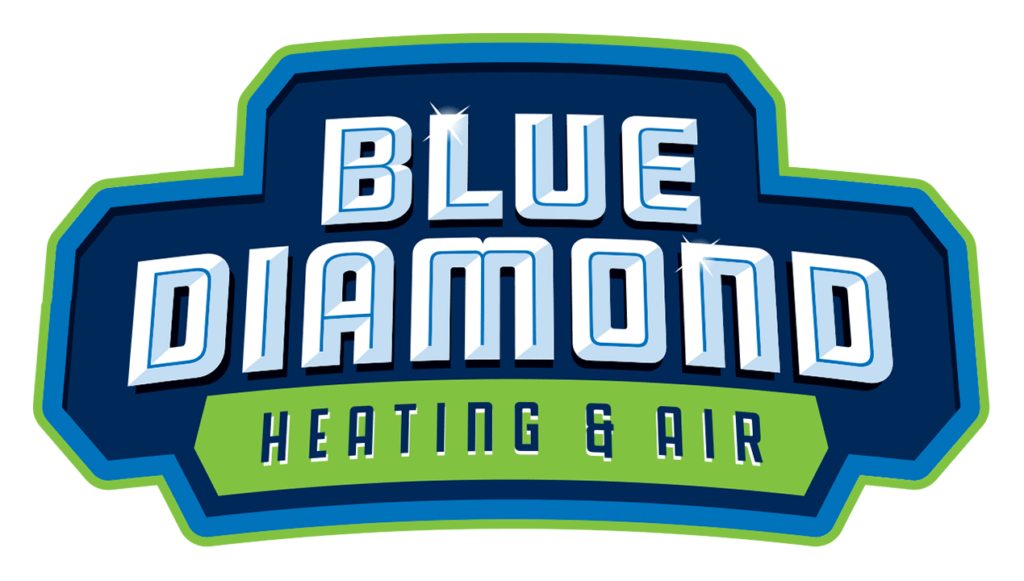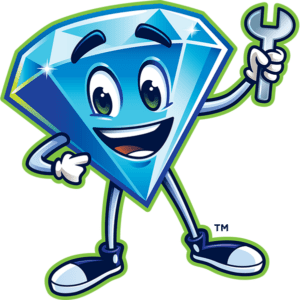Your HVAC system should run quietly in the background, keeping your home comfortable without drawing attention. But if you start hearing strange noises, it could be a sign that something is wrong. Ignoring these sounds may lead to bigger problems and costly repairs.
In this guide, we’ll break down common HVAC noises, what they mean, and when it’s time to call a technician.
Common HVAC Noises & What They Mean
1. Banging or Clanking
If you hear loud banging or clanking, it could mean a loose or broken part inside your system. Common causes include:
- A loose fan blade
- A broken motor or compressor
- A disconnected or misaligned part in the blower
Fix: Turn off your HVAC system and call a professional to inspect and secure any loose components. Running the system with loose parts can cause further damage.
2. Hissing or Whistling
A hissing or whistling sound often points to an air leak or pressure issue. Possible causes include:
- A leaky duct or damaged seal
- A clogged air filter blocking airflow
- A refrigerant leak (which can be harmful and reduce efficiency)
Fix: Check your air filter and replace it if dirty. If the noise persists, schedule an inspection to find and seal any leaks. If you suspect a refrigerant leak, call an HVAC professional immediately.
3. Clicking
Some clicking is normal when your HVAC system turns on and off, but constant clicking may indicate a problem, such as:
- A failing thermostat
- Electrical issues in the control panel
- A malfunctioning capacitor
Fix: If the clicking is persistent and coming from inside the unit, call a technician to inspect the electrical system before it leads to a breakdown.
4. Rattling
Rattling noises usually mean something is loose, either inside or outside your HVAC unit. Possible causes include:
- Loose screws, bolts, or fasteners
- Debris inside the outdoor condenser unit
- A worn-out motor or fan blade
Fix: If you feel comfortable, turn off the system and check for loose screws or debris in the outdoor unit. If the rattling continues, a professional can tighten loose parts and ensure nothing is out of place.
5. Screeching or Squealing
A high-pitched squealing or screeching sound is usually related to belt or motor issues, such as:
- A worn-out or loose belt in older HVAC models
- A failing motor bearing
- A blower motor that needs lubrication
Fix: Turn off your system and schedule a professional inspection. Replacing belts or lubricating the motor can prevent further damage.
6. Humming
A soft humming is normal, but if it’s louder than usual, it could indicate:
- A failing capacitor (which helps start the system)
- Loose wiring or an electrical issue
- A problem with the motor
Fix: If your system is humming but not starting, or if the noise becomes louder, contact an HVAC technician to check the electrical components.
7. Buzzing
A buzzing noise could be a sign of:
- A failing electrical component
- A dirty condenser coil
- A loose part causing vibrations
Fix: Turn off your HVAC unit and inspect for visible debris or dirt on the condenser coil. If the buzzing continues, a technician can diagnose the source of the issue.
When to Call an HVAC Technician
If your HVAC system is making any of the above noises and you’re unsure what’s causing it, it’s best to call a professional. Here are key times to seek expert help:
- The noise is getting louder or happens frequently
- Your system isn’t cooling or heating properly
- You notice a burning smell or electrical issues
- The unit turns on and off rapidly (short cycling)
- Your energy bills suddenly increase
Prevent HVAC Noises with Regular Maintenance
Routine maintenance can prevent many of these issues before they become costly repairs. Here’s what you can do:
- Change air filters regularly (every 1-3 months)
- Schedule a professional HVAC tune-up at least once a year
- Keep outdoor units free of debris
- Listen for unusual sounds and address them early
Final Thoughts
Your HVAC system should run smoothly without odd noises. If you hear banging, hissing, rattling, or other strange sounds, don’t ignore them. Identifying and fixing problems early can save you from expensive repairs and keep your home comfortable year-round.
Need an HVAC inspection in San Diego? Contact Blue Diamond Heating & Air today for expert diagnostics and repairs!



